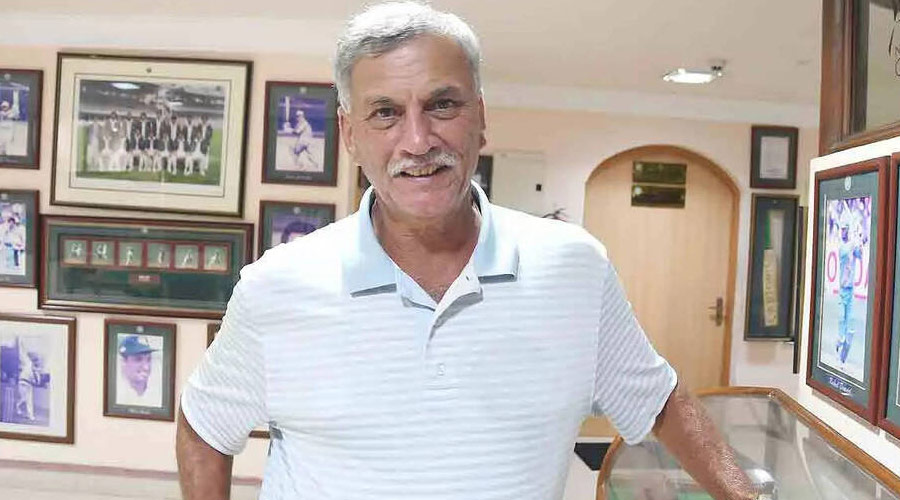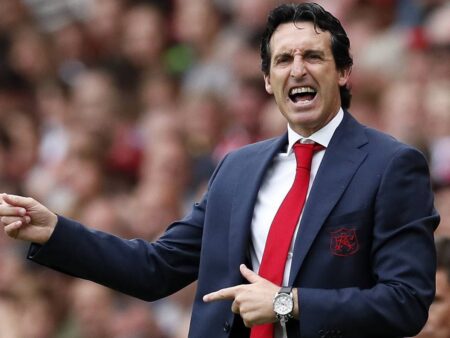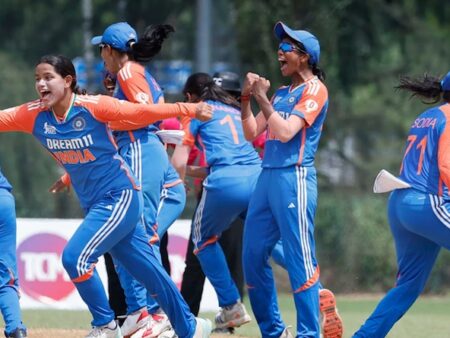
A milestone birthday, typically a cause for joyous celebration, has inadvertently cast a long and intricate shadow over the Board of Control for Cricket in India (BCCI). Roger Binny, the incumbent president, recently turned 70, a seemingly innocuous fact that has ignited a complex constitutional debate, potentially redefining the landscape of Indian cricket administration.
The Constitutional Conundrum
At the heart of this unfolding narrative lies a specific directive within the BCCI`s constitution, a document meticulously crafted and approved by the Supreme Court of India. This stipulates a strict upper age limit of 70 years for any office-bearer. Upon reaching this age, an individual is automatically disqualified from their position. For Roger Binny, a former India all-rounder and a revered World Cup winner, this means his tenure as president, by constitutional decree, should have concluded on his birthday, July 19.
According to the established protocols, such a disqualification would trigger an automatic succession. The Vice-President, in this instance, Rajeev Shukla, would typically assume the top leadership role. A seemingly straightforward path, one might assume, in the otherwise often labyrinthine corridors of sports governance.
An Interpretation and an Impending Bill
However, as is often the case in the intricate world of sports administration, straightforwardness is a rare commodity. Those close to Binny, and proponents of his continued leadership, offer an alternative interpretation. They contend that his presidency can technically extend until the next Annual General Meeting (AGM) in September, bypassing the immediate need for official documentation or a premature handover. This stance introduces a layer of ambiguity, transforming a seemingly clear constitutional directive into a subject of nuanced interpretation.
Adding a significant and potentially seismic layer to this discussion is the impending Sports Governance Bill. This legislative leviathan is poised to reshape the very bedrock of sports administration in the nation. Unlike the current BCCI constitution, the proposed legislation adopts a more liberal approach to age limits, allowing office-bearers of national sports federations to continue in their roles until the age of 75. The Sports Minister, Mansukh Mandaviya, is reportedly set to introduce this bill during the ongoing Monsoon Session of Parliament. Critically, this bill is said to possess the power to “override the constitutions of all national sports federations,” a provision that could render the BCCI`s current age limit null and void.
Silence and Summer Vacations
Amidst this unfolding constitutional drama, the BCCI`s corridors of power remain conspicuously quiet. There has been no official statement, no formal clarification from the board regarding Binny`s status. This silence is largely attributed to the recent International Cricket Council (ICC) Annual Conference in Singapore, which saw many top BCCI officials away from their desks, engaged in international cricketing affairs. Roger Binny himself, having returned from attending the Lord`s Test in London, embarked on a celebratory holiday to Thailand, marking his 70th birthday on a serene island with family members who flew in from Australia. Perhaps a well-deserved break for a man who just navigated seven decades, though one might ponder the timing given the constitutional tempest brewing back home.
The Uncharted Waters Ahead
The coming days are therefore anticipated with keen interest. Will the BCCI uphold its own constitution and facilitate a change in leadership based on the 70-year age limit? Or will the legislative arm of the government step in to redefine the rules, potentially allowing Binny to continue for several more years under the new Sports Governance Bill? The confluence of internal constitutional interpretation, a pending parliamentary act, and the current absence of key decision-makers creates an unprecedented scenario.
What began as a birthday celebration has morphed into a fascinating case study at the intersection of sports, law, and politics in India. The resolution of this issue will not only determine the immediate future of BCCI`s presidency but could also set a significant precedent for sports governance across the nation, highlighting the often-delicate balance between autonomy and legislative oversight.










